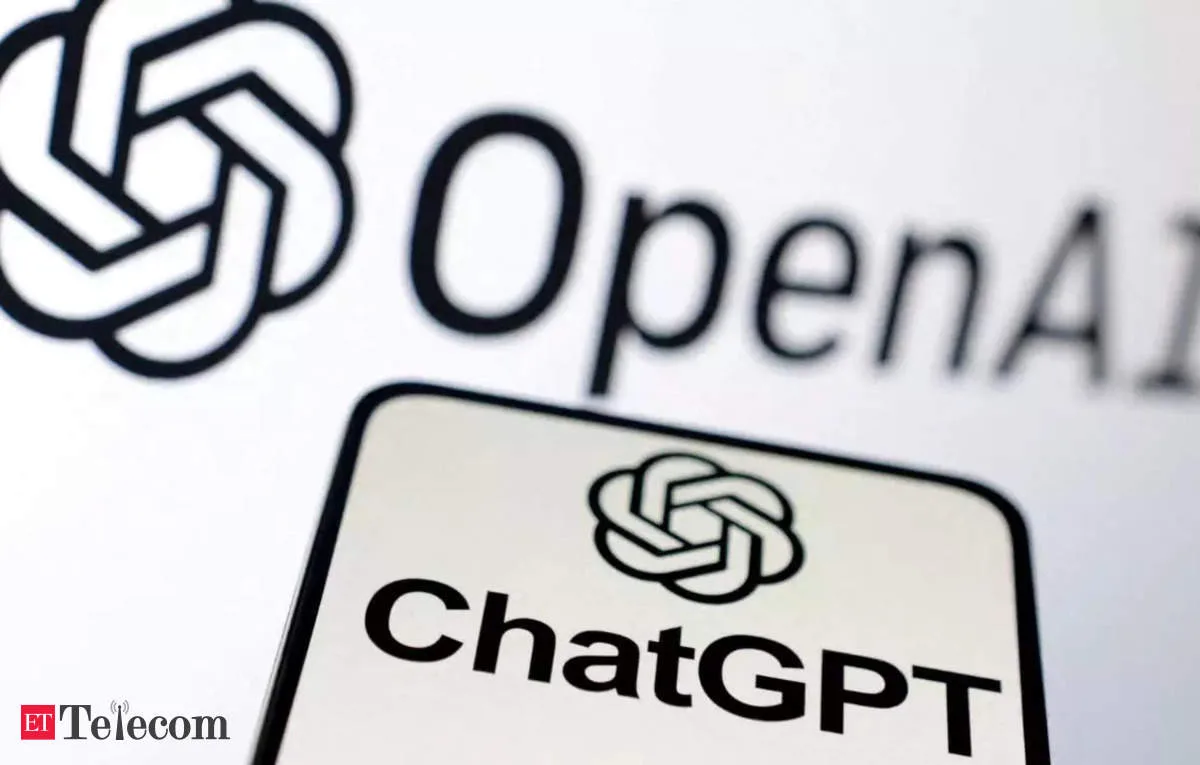OpenAI announced the launch of a new tool designed to identify images generated by its text-to-image generator DALL-E 3. The startup, backed by Microsoft, introduced the tool amidst growing concerns over the impact of AI-generated content on global elections this year.
According to the company, the tool demonstrated impressive accuracy, correctly identifying DALL-E 3 images about 98% of the time in internal testing. It also boasts the capability to handle common modifications like compression, cropping, and saturation changes with minimal impact.
In addition to image detection, OpenAI plans to enhance security measures by implementing tamper-resistant watermarking for digital content such as photos or audio. These watermarks aim to provide a signal that is difficult to remove, adding an extra layer of protection against manipulation.
As part of its collaborative efforts, OpenAI has joined an industry group comprising tech giants like Google, Microsoft, and Adobe. Together, they plan to establish a standard to trace the origin of various media, contributing to efforts to combat the spread of misinformation.
The significance of such initiatives became evident during India’s recent general election, where fake videos of Bollywood actors criticizing Prime Minister Narendra Modi went viral online. AI-generated content, including deepfakes, has become increasingly prevalent not only in India but also in elections worldwide, including those in the United States, Pakistan, and Indonesia.
Furthermore, OpenAI announced its partnership with Microsoft in launching a $2 million “societal resilience” fund aimed at supporting AI education initiatives. These efforts reflect a proactive approach to address the challenges posed by AI-generated content and promote societal resilience in the face of evolving digital threats.



